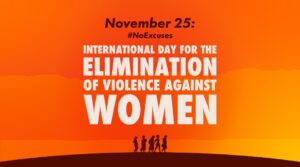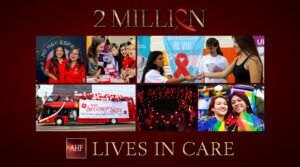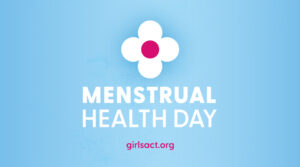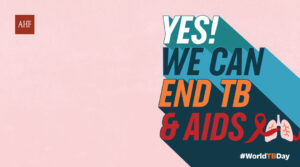In early November, the Joint United Nations Program on HIV/AIDS (UNAIDS) warned that it was experiencing a budget shortfall that, if not resolved, would jeopardize the activities that the program carries out in 70 countries. In this way, it would not be able to meet its objective, set for 2030, to eradicate AIDS as a public health problem.
UNAIDS Board members met in Geneva, Switzerland to discuss how to address the $35 million shortfall in its operating budget, which should be at least $187 million.
These resources are allocated solely to the operation of UNAIDS in the countries, in which it collaborates with authorities, health institutions and community activists, all joining efforts to contain the HIV pandemic. The billions of dollars needed to finance specific actions to prevent and care for the virus are independent of those used for operating expenses.
Stocks at risk
At the time, the organization’s executive director, Winnie Byanyima, requested the release of $35 million before the end of the year, lamenting that the organization’s financial position has deteriorated so much since the last meeting of the Program Coordinating Board of UNAIDS, which took place last June.
He commented that factors such as the war in Ukraine and movements in the foreign exchange markets had aggravated the situation. “The figures are forcing us to make very drastic decisions: either we significantly reduce UNAIDS presence in countries, or we continue to reduce our number of cosponsors,” Byanyima explained. “Any possible scenario will set back the AIDS response, as it will mean denying HIV-related prevention, treatment and care services to millions of vulnerable people,” the Ugandan activist and politician lamented at the time.
By that point, both communities of people living with HIV and civil society organizations had called for UNAIDS to be fully funded, an essential requirement to continue doing its work.
What does UNAIDS do?
UNAIDS is present in 70 countries and works in partnership with governments, civil society and communities, collecting data on the HIV pandemic that will then inform response strategies.
It also advocates for the removal of laws and policies that hinder this response, in order to create a legal environment conducive to ending HIV-related stigma and discrimination. At the same time, it seeks to counter the inequalities that drive the HIV pandemic among vulnerable and marginalized groups of people.
Between 2020 and 2021, UNAIDS supported more than 80% of the requests for the Global Fund to Fight AIDS, Tuberculosis and Malaria, providing $5 billion to finance actions to stop HIV. “UNAIDS support to countries means both developing evidence-based, science-backed strategies and developing plans to implement them,” Byanyima said.
They heard the call
On November 18, the international organization was able to report that at least two donors had pledged to support its financing. Germany announced that it would provide an additional half a million euros to what it had already promised to UNAIDS, while the Netherlands will provide an additional 3 million euros.
In addition to this, the Netherlands also announced that they will increase funding by 15% and signed an agreement with UNAIDS to ensure that it has resources within the 2023-2025 period, the agency reported in a statement.
“It is very important that UNAIDS has the necessary financial resources because AIDS is still an epidemic without a vaccine or a cure, but it is an epidemic that we can treat. It affects the most vulnerable, marginalized and oppressed, and that is where UNAIDS plays a key role,” said Kitty van der Heijden, Deputy Minister for Development Cooperation of the Netherlands. “UNAIDS needs resources to enable it to do its job well, which is to help prevent and treat HIV. We encourage more donors to contribute to this cause”, he stressed.
This reminds us that the response to HIV and AIDS is a joint effort, requiring the commitment of many people at all levels. At AHF Latin America and the Caribbean we are committed to bringing quality HIV services to all the people who need them. That’s why we run free screening tests and give out free condoms. Locate our offices closest to you and learn about all our services.






